Forced Boredom
I don't know. I may never know. It may be truly impossible. That's the fun part. Even more fun is the process to solve them.
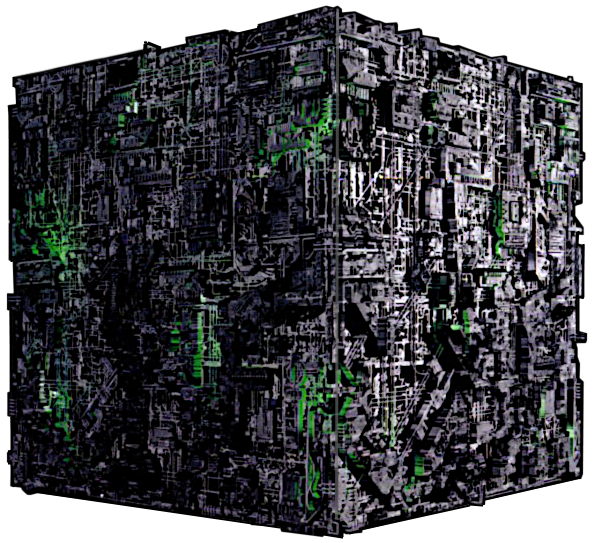
All of the really great problems in life you can't solve directly; you have to sneak up on them while they're not looking. You gotta know where they live, know how to separate the good ones from the fakers, and most importantly know how to stalk them effectively without the problems either running away or disappearing into pervasive epistemological mist of cognitive intractability.
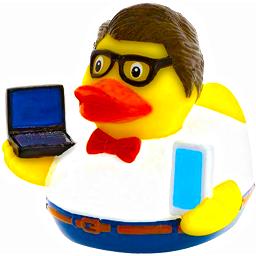
I have recently become more creative by doing less. I hate it. It's awesome.
My theory: your subconscious mind is highly intelligent, but while it is able to use language, it is ultimately non-verbal and doesn't really care if it's making sense or not. It's just a big old connection machine, like modern AI in some ways. What your conscious mind does is outside the scope of this essay, but for our purposes it prevents you from doing things that you have logically and emotionally decided you don't want to do. As one scientist put it recently, "It's free won't, not free will"
What this means is that if a problem seems horribly complex and hairy to you, there are only one of four possibilities:
- It is impossible. The known laws of physics or some such prevent it from ever happening. You just don't know this and think it's a solvable problem because you don't know the laws involved
- Your conscious mind has created a web of meaning such that contradictions prevent you from making progress. An example would be "How can you get a job without experience, if you need experience to get a job?"
- You have been expose to the material and content you need to solve the problem, but it was so far ago and presented in such an oblique manner as to make it inaccessible to your consciousness today
- A combination of the previous two items. You have pieces to the puzzle. Some of the pieces you are aware of can kick around in your head. They may involve incomplete or seemingly impossible contradictions. You also have pieces that you've been exposed to in the past kicking around in your subconscious, but hell if that's any use to you now and even if you could access them, it's all emotive-conceptual linkages that you couldn't figure out how to apply to your problem anyway

This being my working theory, three conclusions follow from it:
- Aside from really obvious things, you really don't know what's impossible or not. Looking at both your own personal history and the history of mankind, everything we thought was impossible eventually turned out to be possible in some form or another. Hell, physicists are even speculating about impossible-to-build-yet-possible-to-exist-in-reality time machines. The default state of human existence seems to be that problems that you can't solve and your friends also can't solve are probably impossible. That's a feature, not a bug, but you have to work with it (Insert discussion here about how to identify truly impossible things and things so improbable you shouldn't waste your time on)
- You need to be exposing your subconscious to a ton of material covering all kinds of topics. I don't think this can be a social experience, otherwise our herd nature quickly communicates some things that are impossible that are not, and that ruins the entire system
- You can't bulldoze, deduce, or push your way through these interesting problem the way you could a logic test. If we were talking about this in terms of a logic test, you either don't have all of the symbols at hand, you have them in the wrong relationship, or the meanings you have assigned are not workable for the problem you're facing. In fact, my belief is that the harder you push, the more you reinforce the things that prevent you from solving the problem in the first place. Attempting as a social group only makes this worse, as each person's broken-ass model reinforces and engages with the other ones through language, eventually creating an impenetrable nest of terms that no human could possibly work through.
Based on this, I have a very simple system. I work on creative items early in the morning, just after my subconscious mind has had all night to test up connections and tease out memories. I don't expect to solve anything. I expect to advance my understanding of the problem through one or two creative ideas I hadn't had before. These may be wrong or stupid. I don't care. They're new to me.
The vast majority of my time I spend consuming all sorts of media and engaging in all kinds of social situations on as many interesting topics as I can find. I don't try to second-guess why I find some topics interesting one month and others interesting a second month. It's enough that I do. It motivates me to consume effectively. Sometimes instead of directly consuming, I will put something on and force my brain into "neutral", playing Factorio or working on a jigsaw puzzle. In this case I'm deliberately not trying to consume content, although it's still there.

You might think that if I'm working on Problem X that I should go out and consume as much in-depth content as possible on this topic. I have rarely found this to be the case, aside from the usual input-response we all do when faced with solved problems that we may not know about. Truly cool problems are problems such that the socialized knowledge base that exists is off-kilter enough to prevent them from being directly solved, otherwise they wouldn't be cool problems. That doesn't mean that I don't deep dive on these topics. Most definitely I do! I might spend 400 hours deep diving on a topic that I find cool and where there's a lot of information to assemble. I just don't expect to find any answers while doing so. Sometimes I do. These are magic moments. Most of the time, though, it's going through extremely technical detail, history, and means-and-methods to learn how we operate in this space and how we got here. This may be used 10, 20, or 30 years later. But just like all cool problems, the more I push on this directly the least likely I'm going to get anywhere.
Sometime during the day, I take the pieces of creative output on the problem I'm working on and "bounce them up against one another", looking at them critically and demanding from myself that there must be something useful there, otherwise why did I write it? (Many times, just like subconscious learning, those concepts are gone from my mind by then. Years might have passed.)
I do my best to try to feel the internal stress produced by facing my own creative efforts to solve this hairy problem in my own words. Surely there must be a way forward. What am I missing?
I don't know. I may never know. It may be truly impossible.
The "Warp Drive" to this approach is as follows: once I'm awake, I caffeinate, take my vitamins and such, all with as little new sensory input as possible. Then I force myself to do nothing, to be bored. I may lie in bed for an hour being still with the lights off. I may do 90 minutes on the elliptical doing hard cardio with my eyes closed. I am determined. It should be a struggle. I will not do anything.
This is not meditation. Just the opposite. I end up thrashing around through these problems I choose to self-stress over. More and more thinking leads to more and more stress which leads to even more thinking. How the hell can I get out of this, solve this freaking thing and get on with my life. Caffeine helps. Exercise helps. You can certainly self-stress, but it seems to work much better when something external knocks you off your physical equilibrium. Like everything else, outside stress causes internal changes. Leverage that. I imagine sitting in a dark room where you were randomly doused with ice-cold water would work. I'll let others try.
During this time, I fight the effort to stop this horrible phase of inactivity and start doing something to get out of here, dang it! There has to be something I hadn't thought of about this problem that's at least a new way of looking at things. Something. Eventually, either that period is over and I feel refreshed, or I come to the computer and sit down immediately typing something, like "Forced Boredom".
The process repeats.

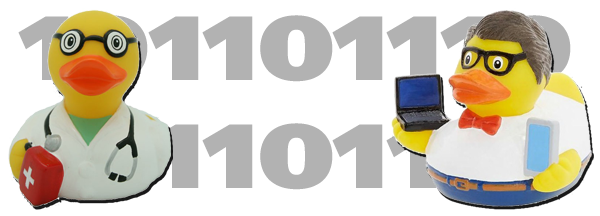
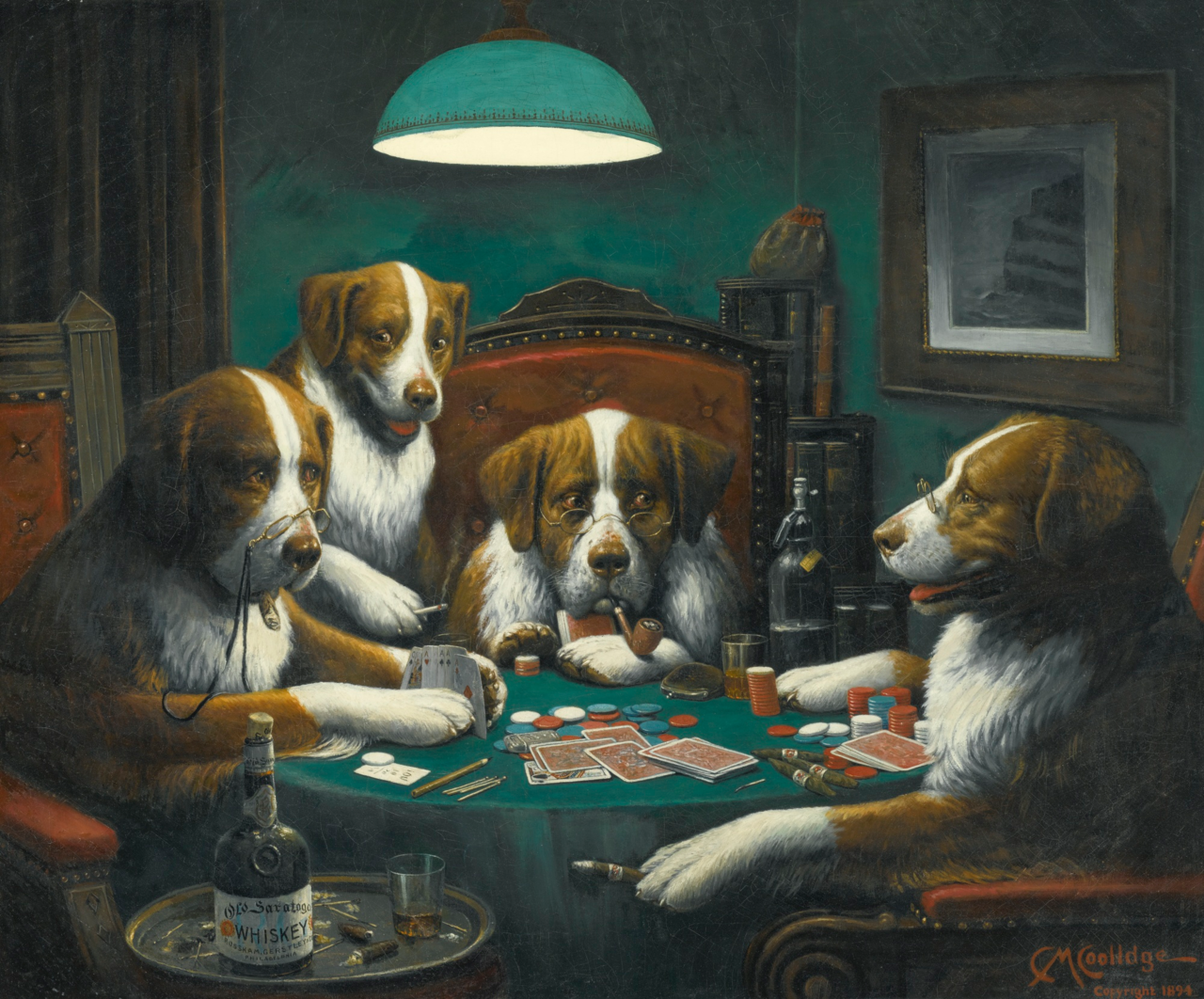
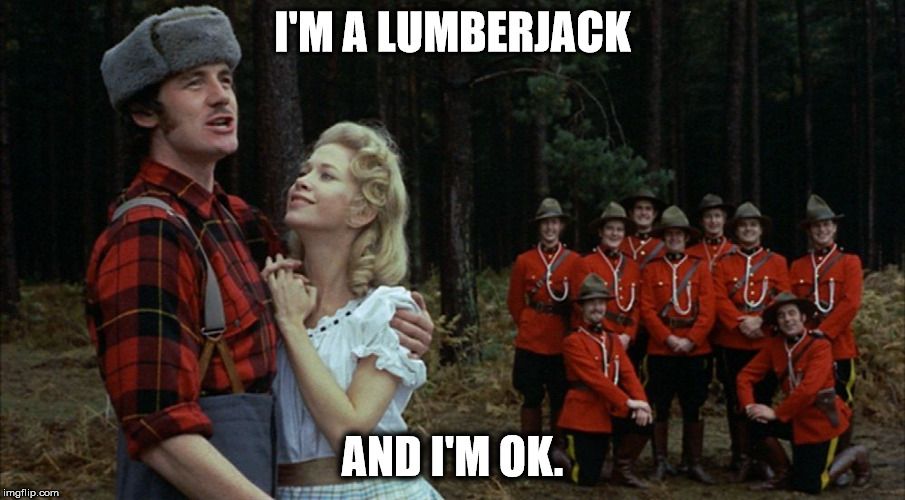
Comments ()